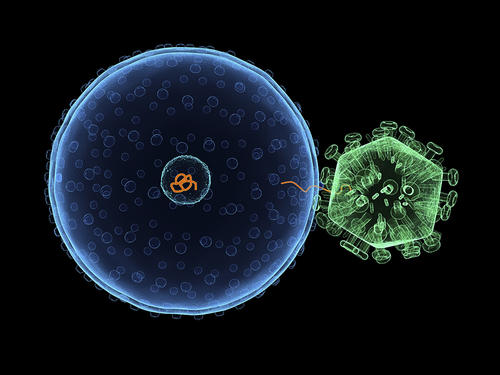Click here for the next report.
San Francisco—Small numbers dominate HCV studies today as researchers try to identify the conditions and mutations that contribute to treatment failure in a quickly narrowing pool of patients. A study conducted by the Veterans Administration sheds some light on the prevalence of direct-acting antiviral (DAA) resistance mutations, according to Late Breaking abstract 19 (LB-19), presented by M Holodniy and colleagues at the 2015 annual meeting of the AASLD, held here recently. You can find the entire abstract here.
The researchers analyzed a convenience sample of plasma specimens from 224 veterans who had failed treatment with direct-acting antivirals. The samples came from 26 VA medical centers from February through August 2015. Four samples did not yield reportable results.

Of treatment naïve patients, 60% also had no prior DAA exposure had mutations that affected responsiveness to therapy, as did 58% of treatment-experienced patients. Fourteen patients had DAA resistance-associated mutations on multiple genes.
HCV RNA was extracted from the plasma, then RT-PCR amplified for the NS3, NS5A and NS5B genes. Geneious software aligned sequences to genotype-specific reference strains to identify mutations. Because only genes included in physician orders that accompanied the samples were evaluated, not all samples were tested for mutations on all 3 genes.
Of the 124 samples tested for NS3 mutations, 46% had positive results (primarily Q80K), as did 43% of the 41 samples tested for NS5A mutations. The most common NS5A mutations were Q30R/H/L/E, Y93H and L31M/V. Only 6% of the 107 samples tested for NS5B showed any mutations in that gene. All six had S556G/R, although 3 other mutations were also found.
